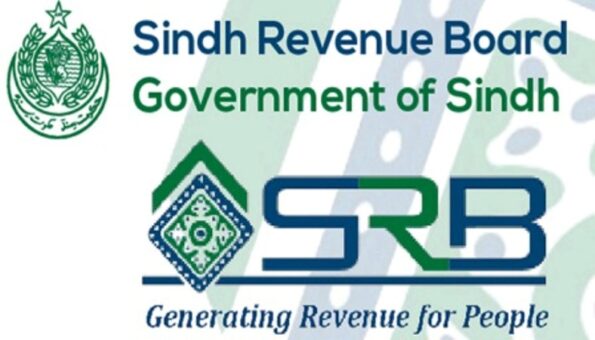KARACHI: Oil and Gas Development Company Limited (OGDCL) on Friday announced discovery of gas in the exploratory well located in Khairpur Sindh.
In an information shared with Pakistan Stock Exchange (PSX), the company announced that the joint venture of Ranipur Block comprising OGDCL as operator (95 percent), Government Holdings Private Limited (GHPL) (2.5 percent and Sindh Energy Holding Company (Private) Limited (SEHCL) (2.5 percent had discovered gas and condensate in the exploratory well Metlo 01, which is located in District Khairpur, Sindh Province.
The OGDCL said that the Metlo-1 was spud on November 17, 2019 and reach a depth of 1504 meters inside Upper Goru Formation. Based on wireline logs, drill stem test (DST) was conducted in Ranikot Formation and Sui Main Limestone.
The well has tested 1.85 million cubit feet per day of gas, 6 barrels per day of condensate and 38 barrels of water through 32/64” choke at well head flowing pressure of 285 pounds per square inch (Psi) from lower Ranikot Formation.
The discovery of Metlo-1 is the result of aggressive exploration strategy adopted by the company. “This discovery will add to the hydrocarbons reserves of OGDCL, GHPL, SEHCL and of the country and will contribute in reducing the gap between supply and demand of oil and gas in the country through the exploitation of indigenous resources.








